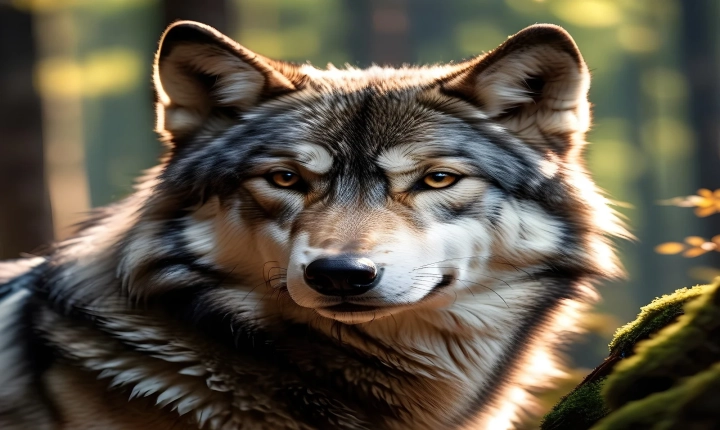Can AI fix my photo?
In today’s digital age, we live in a world where capturing and sharing photos has become a daily occurrence. With the ubiquity of smartphones and the presence of social media, photography has become not just a hobby, but a means of self-expression and communication.
However, not every photo that we take turns out as we hoped. Issues such as poor lighting, blurriness, or unwanted elements in the frame can often detract from an otherwise good shot. In the past, such problems would often mean that the photo was destined for the recycle bin. However, with advancements in technology, particularly in the field of artificial intelligence (AI), there’s now the potential for these issues to be corrected.
AI-powered photo editing tools have been gaining popularity in recent years, offering users the ability to enhance their photos with minimal effort. These tools leverage machine learning algorithms to analyze and process images in a way that traditional editing software cannot. Through AI, photos can be automatically adjusted for exposure, color balance, and sharpness, among other things, to produce a more visually appealing image.
One of the key advantages of using AI for photo editing lies in its ability to automate the process. While traditional photo editing software often requires a level of expertise and time commitment, AI-powered tools can perform enhancements with just a few clicks. This accessibility makes it easier for even novice photographers to improve their images and share them with others.
AI also has the potential to go beyond basic adjustments and offer more complex editing capabilities. For instance, AI tools can remove unwanted objects from a photo, change the background, or even create realistic-looking effects. These capabilities open up new creative opportunities for photographers and users who may not have the expertise or resources to achieve such results on their own.
Despite the advancements and potential benefits of AI-powered photo editing, there are some considerations to keep in mind. One concern is the potential for over-reliance on AI to fix photos, which may result in a devaluation of the skills and artistry that goes into traditional photo editing. Additionally, there are ethical considerations when it comes to the use of AI in altering images, particularly in the context of misleading or manipulating content.
In conclusion, AI-powered photo editing tools offer a promising solution for correcting and enhancing photos with ease. These tools have the potential to empower users to improve their photography and unleash their creativity without requiring a deep understanding of technical editing techniques. As the technology continues to develop, it’s likely that AI will play an increasingly important role in the world of photography, providing new opportunities and capabilities for both casual and professional photographers alike.
